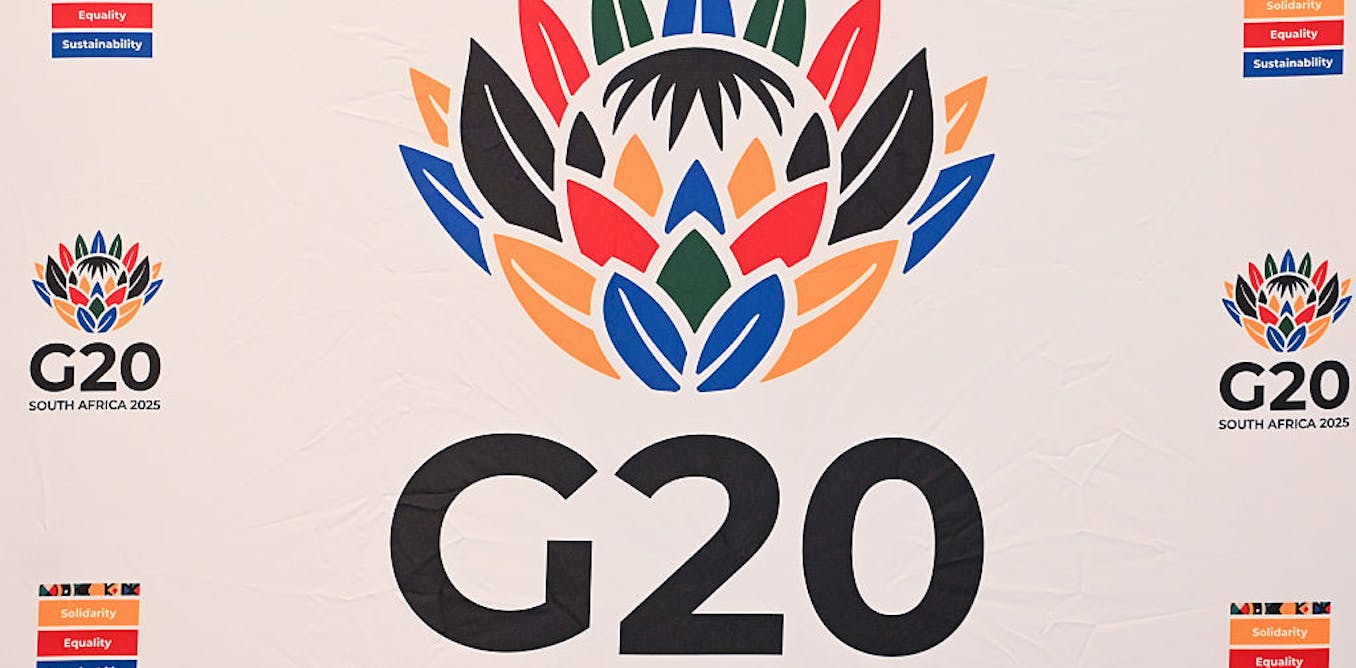
The G20, touted as the “premier forum for international economic cooperation,” finds itself under scrutiny from scholars who challenge its effectiveness and representational integrity. As global issues escalate, the necessity for enhanced cooperation among nations becomes increasingly urgent. It’s essential to ask whether the current structure of the G20 truly serves its purpose.
Despite its claim to represent global interests, the G20 is composed of just 19 countries alongside the European and African Unions, excluding most UN member states. This self-selected group lacks a mandate for acting on behalf of the international community, which hinders its ability to effectively communicate with the larger global populace impacted by its decisions.
Current world events, including growing distrust in international collaboration, exacerbate the situation. There’s been noticeable disinterest among wealthier nations in fulfilling their commitments to assist others in dealing with climate and economic challenges. Such circumstances call into question the G20’s capability to address pressing global issues like sustainable development, especially as discussions often take place in more exclusive settings rather than inclusive forums like the UN.
The structure of the G20 has remained relatively unchanged since its inception in the late 1990s, emerging from the need to address financial instability following the East Asian financial crisis. Its membership represents approximately 85% of the global economy and 75% of world trade, underscoring its significant influence. However, its exclusivity limits its effectiveness in responding to worldwide crises, such as the economic ramifications of the COVID-19 pandemic.
One potential solution lies in adopting a governance model similar to that of the Financial Stability Board (FSB). Established under the G20 umbrella in 2009, the FSB effectively engages with non-member nations through its Regional Consultative Groups, encouraging diverse perspectives on global financial structures. This approach could be applied to the G20, enabling broader representation without losing its core membership.
As South Africa takes on the G20 presidency in 2025, there’s a unique opportunity to advocate for inclusivity by establishing a consultative group for African nations. By inviting regional representatives, South Africa can demonstrate the value of dialogue and cooperation, ultimately fostering a more accountable and effective G20.
In this era of global challenges, the G20’s evolution toward broader engagement could prove vital for fostering solidarity and collaborative action across nations. As global citizens, we must champion efforts that prioritize inclusive governance, and the next steps could pave the way for more equitable international cooperation.


